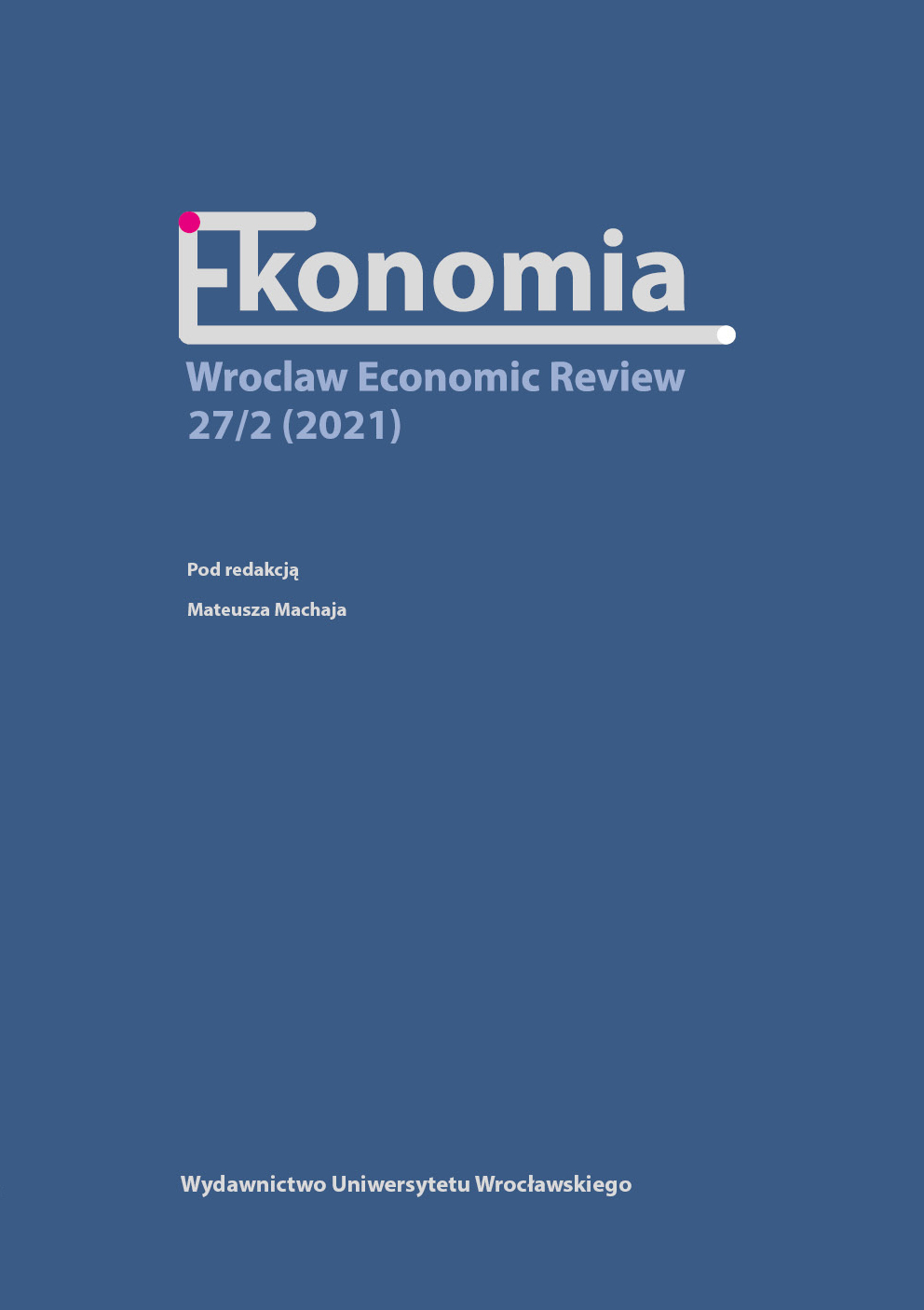

Artykuły

One of the more significant methodological errors in economic analysis consists in treating the concept of equilibrium — be it general or partial — as either a real state of affairs obtaining in the economy in a stable manner or a normative ideal that an optimally functioning economy should be able to reach. The purpose of the present article is to demonstrate that, in contrast to the above two views, a free economy is a process of incessant social self-development aimed at the attainment of ever more qualitatively advanced (and always temporary) states of equilibrium, whose main driving force are entrepreneurial prudence, alertness, and innovativeness. The successive sections of the present article describe several characteristic examples of supposed states of permanent stagnation or suboptimal equilibrium, which, on closer inspection, turn out to be strictly transitory, provided that a given situation is characterized by conditions conducive to the operation of entrepreneurial activities. In other words, the present article is an attempt at illustrating the thesis that entrepreneurship constitutes the foundation of dynamic economic analysis — i.e., the kind of analysis that fully incorporates the creative character of human action taking place in the context of large-scale social cooperation.